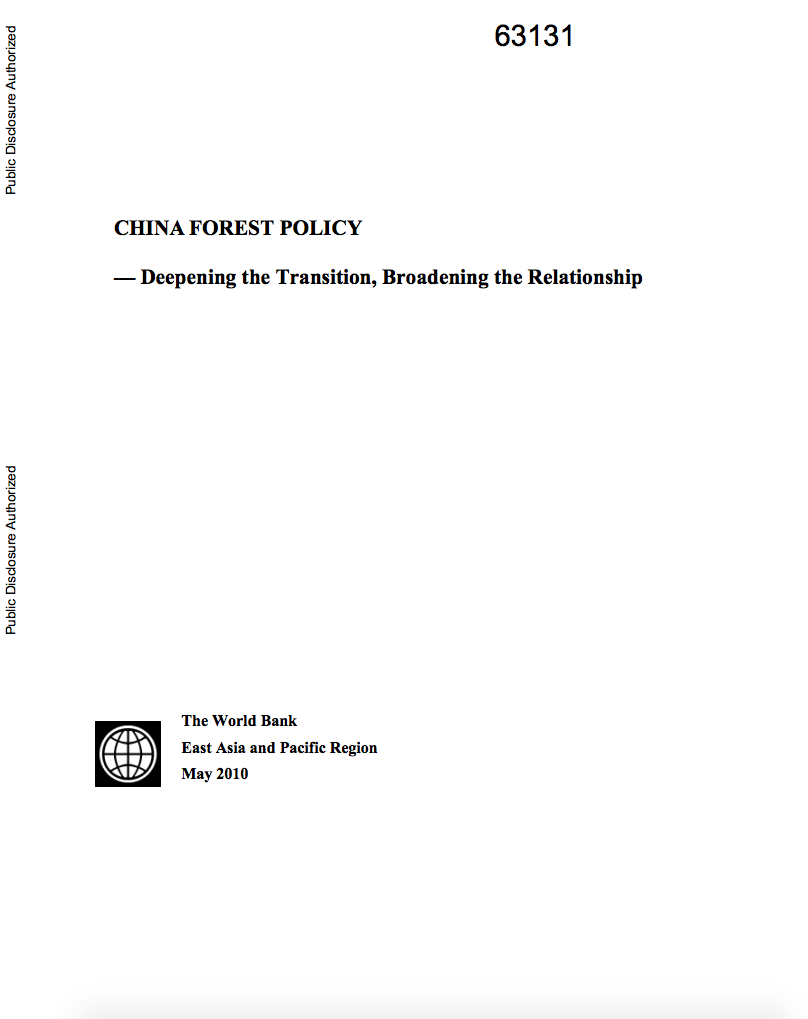Human Rights and Climate Change : A
Review of the International Legal Dimensions
The study includes a conceptual overview
of the link between climate impacts and human rights,
focused on the relevant legal obligations underpinning the
international law frameworks governing both human rights and
climate change. As such it makes a significant contribution
to the global debate on climate change and human rights by
offering a comprehensive analysis of the international legal
dimensions of this intersection. The study helps advance an


